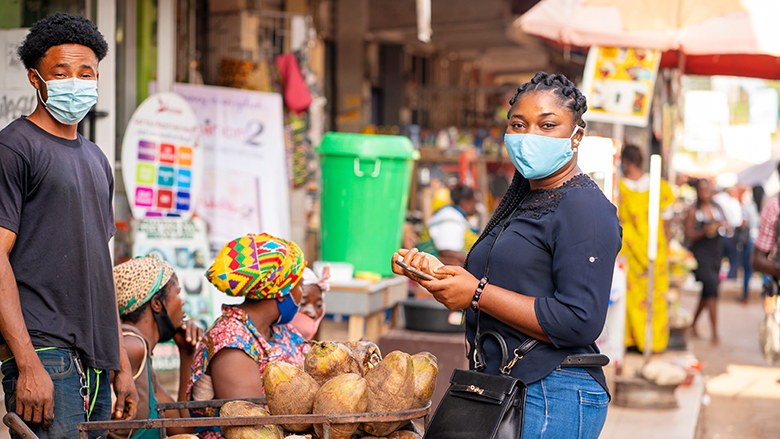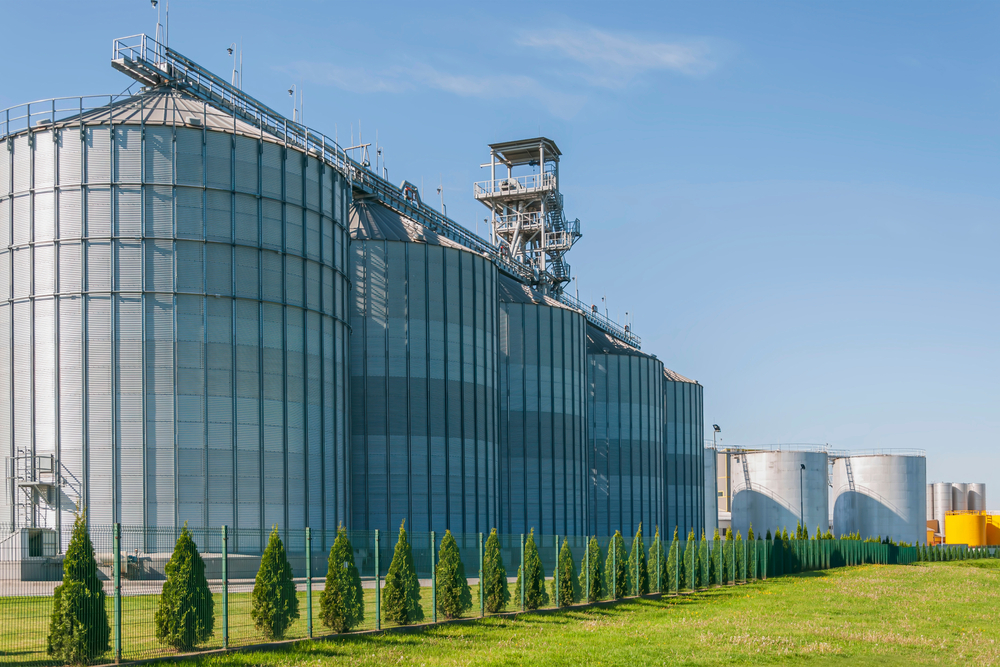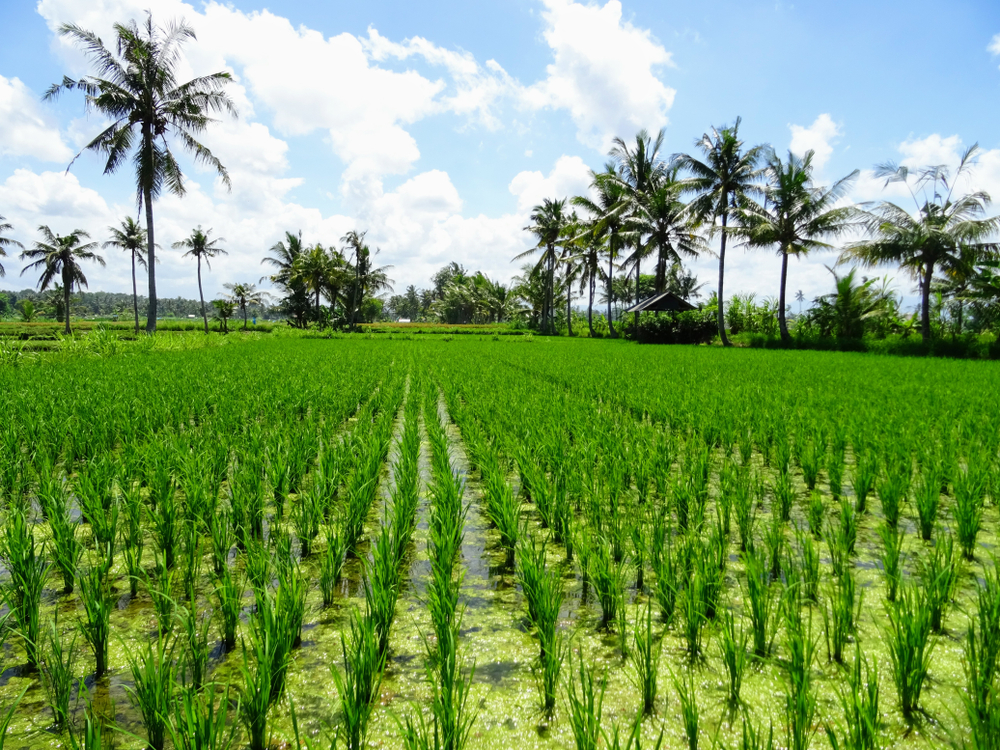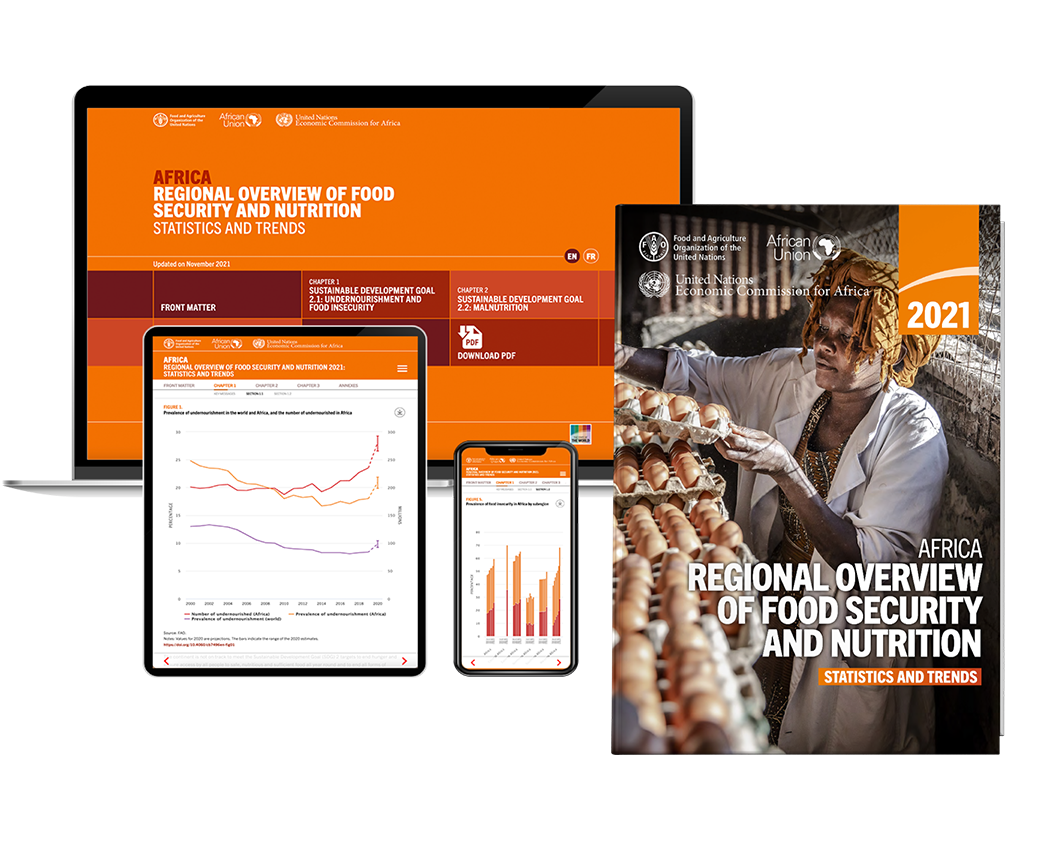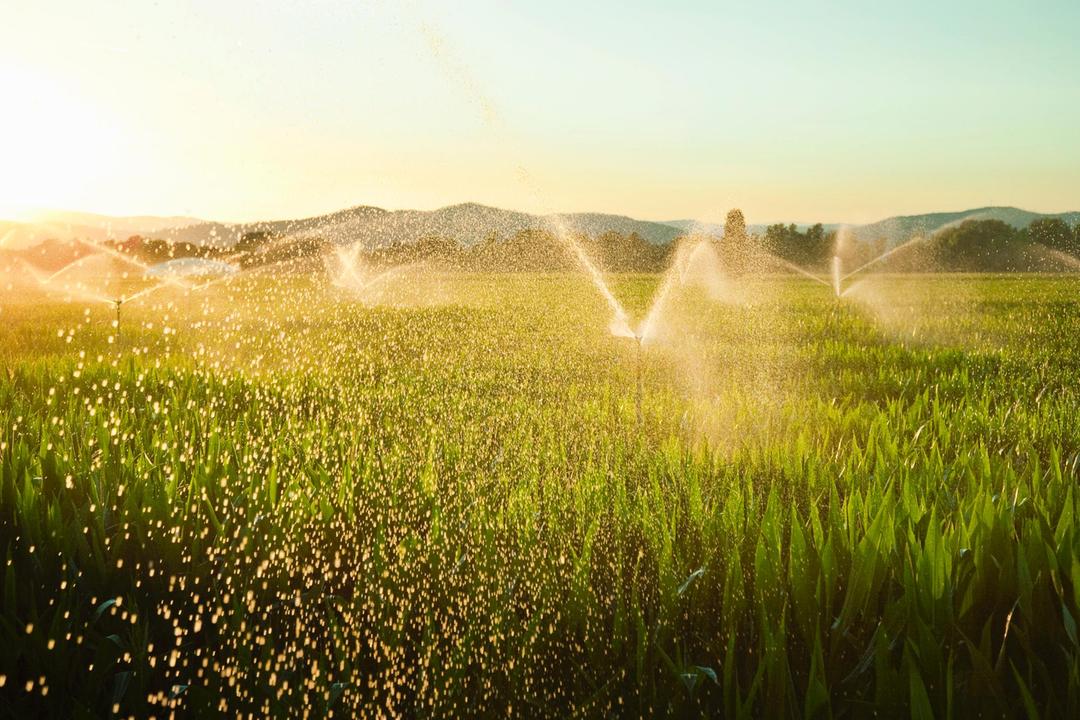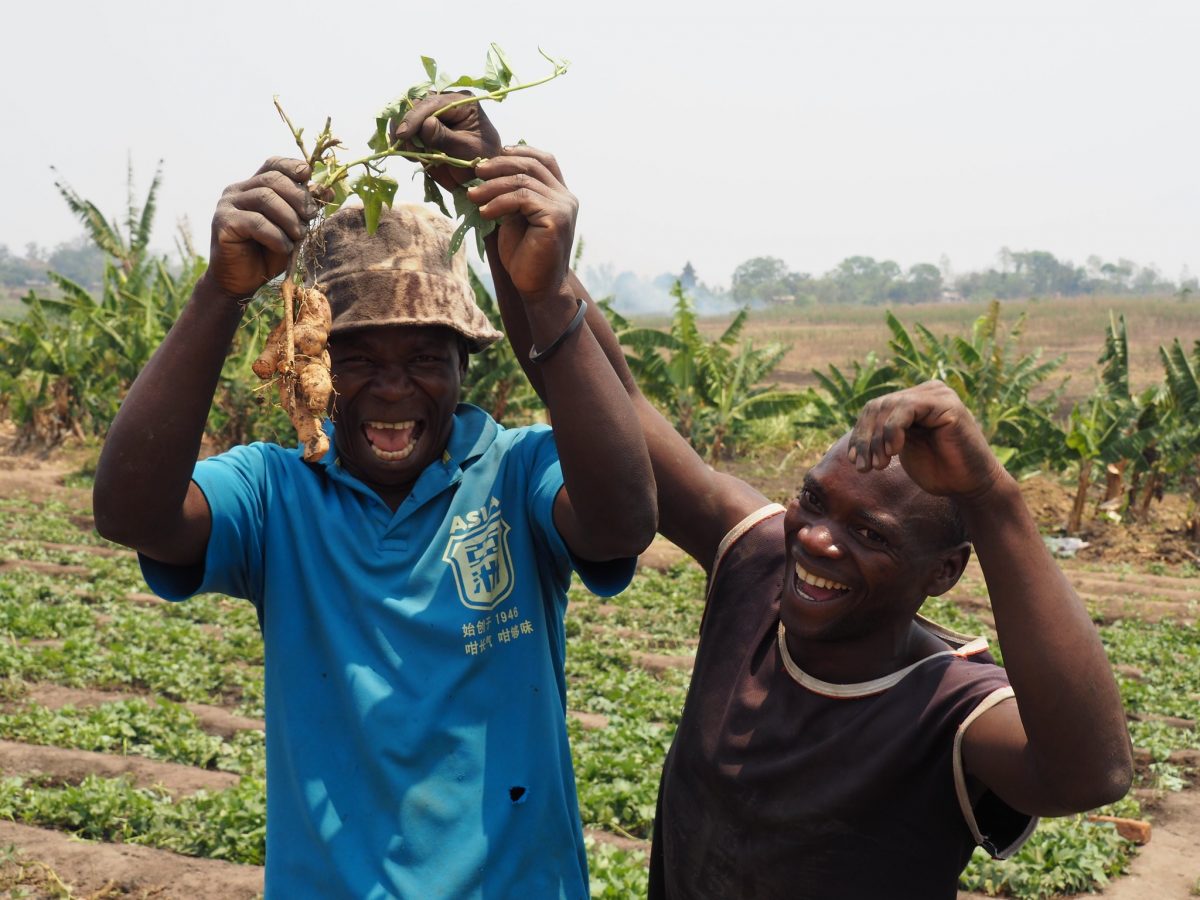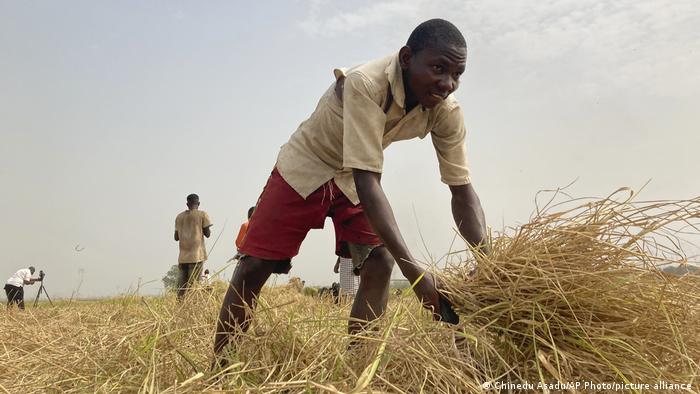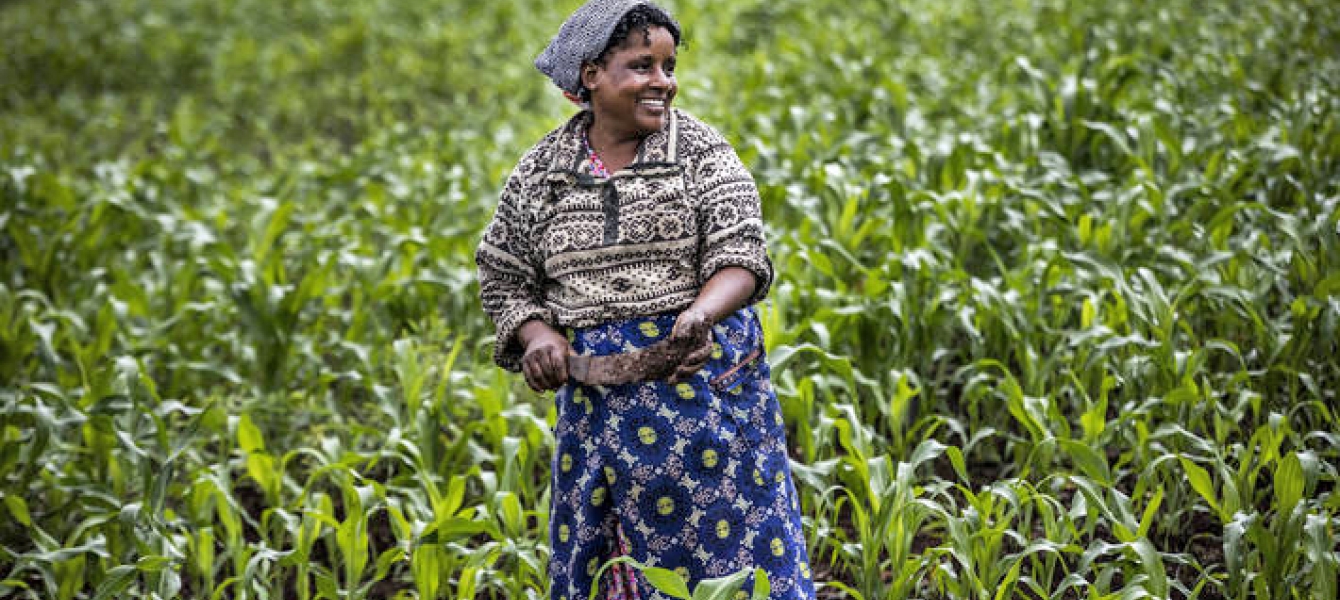World Bank
Aug 23, 2021 – An increasing number of countries are facing growing levels of acute food insecurity, reversing years of development gains. Even before COVID-19 reduced incomes and disrupted supply chains, chronic and acute hunger were on the rise due to various factors including conflict, socio-economic conditions, natural hazards, climate change and pests.
Daily Monitor
In the context of an agricultural economy amidst the worst circumstances of Covid-19 people must still eat and must still have raw materials to feed industry.
IATP
As COVID-19 threatens farming communities across Africa already struggling with climate change, the continent is at a crossroads. Will its people and their governments continue trying to replicate industrial farming models promoted by developed countries? Or will they move boldly into the uncertain future, embracing ecological agriculture?
FAO
COVID-19 has exacerbated what was already a worsening situation. While the whole world was affected, not all regions suffered equally.
Scaling up Nutrition
The African Union declared 2022 ‘The Year of Nutrition for Africa’ and push for greater political commitment and increased investment.
ZAWYA
As Covid-19 took hold in March 2020, the primary focus was on ensuring that people stayed healthy and safe from infection
Borgen Magazine
COVID-19 brought to light the vulnerability of agricultural and food systems in poorer countries
DW
Climate change, the COVID-19 pandemic and the war in Ukraine have left millions in urgent need of food.
Africa Renewal
The 32nd Session of the FAO Regional Conference for Africa being held in Malabo, Equatorial Guinea, starts from 11 to 14 April 2022
News Trust
Efforts by farmers to prepare for climate change impacts may also help deal with other crises, from COVID-19 to the Ukraine-Russia war


